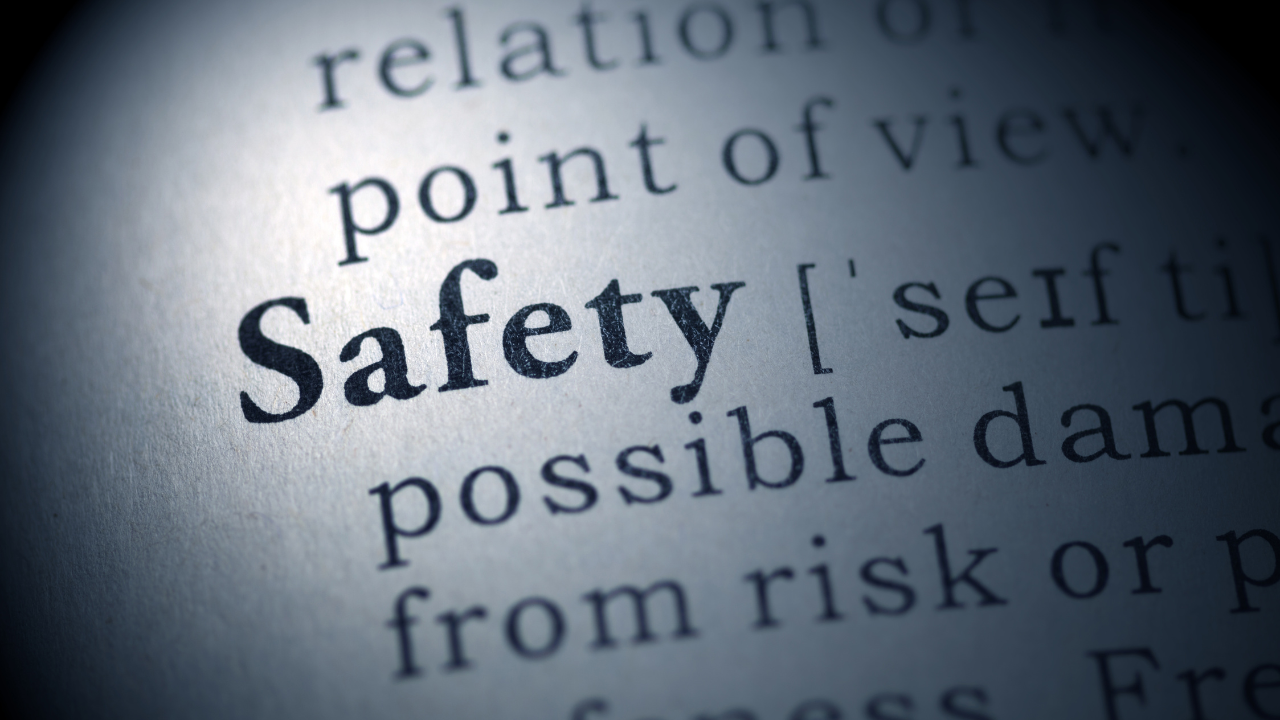The Meaning of Self-Trust: Creating Safety Within
Sep 25, 2023
Self-trust is a profound and often overlooked aspect of our inner world. It's not just about making the right decisions or having confidence in our abilities; it's about creating safety and security within ourselves. In this blog post, we'll delve into the true essence of self-trust, exploring why it's less about getting everything right all the time and more about cultivating a safe space for yourself, especially in times of both success and failure. We'll uncover the power of radical and unapologetic honesty with oneself, the importance of discernment, and how self-trust can help you become the person you want to be.
Self-Trust as a Sanctuary
Imagine self-trust as a sanctuary within you—a place where you can always find refuge, no matter what's happening in your external world. It's about being that safe space when things go according to plan and, perhaps even more importantly, when they don't. It's a commitment to being radically honest with yourself, without judgment or self-criticism.
Self-trust means not blindly accepting every thought that crosses your mind as a good idea or an accurate reflection of reality. It's about trusting yourself to be discerning, to sift through your thoughts and emotions, and to determine what truly serves your best interests.
Focus on What You Can Do
A critical aspect of self-trust is focusing on what you can do, rather than dwelling on what you can't. It's about recognizing that many "can'ts" are often veiled desires not yet explored or limitations imposed by fear or self-doubt.
Self-trust means not automatically believing you can't achieve something, especially when it's something you genuinely desire and haven't attempted yet. It's about challenging those self-imposed limitations and expanding your horizons.
Treating Yourself with Love and Compassion
In the realm of self-trust, self-compassion is a cornerstone. It means extending the same kindness and understanding to yourself that you readily offer to others. Instead of creating inner turmoil with limiting beliefs, self-judgment, and harsh criticism, self-trust encourages you to be gentle with yourself, especially during challenging times.
Responsibility and Values
Self-trust also entails taking responsibility for who you are, what you say, and what you do. It's about having the courage to adhere to your values and principles, even when faced with difficult choices or external pressures. When you trust yourself, you're more likely to stay true to your beliefs, even in the face of adversity.
Self-Trust as a Lifelong Journey
In essence, self-trust is not a destination but a lifelong journey. It's about creating an inner sanctuary where you can always find safety, honesty, and self-compassion. It's about focusing on what you can do, rather than what you can't, and challenging self-imposed limitations. It's about treating yourself with love and kindness, taking responsibility, and having the courage to live by your values.
Ultimately, self-trust is a powerful ally on the path to becoming the person you want to be and living the life you want to lead. It's a journey worth embarking upon—one that can transform not only how you see yourself but how you experience the world around you. Trust yourself, and you'll find the strength and resilience to navigate the complexities of life with grace and authenticity.
Recommended Next Read: Rebuilding Self Esteem and Self Trust
Stay connected with news and updates!
Join our Self Trust email community today and begin receiving tips, tools and challenges direct to your inbox.
🔒Privacy Policy: We hate SPAM and promise to keep your email address safe.
